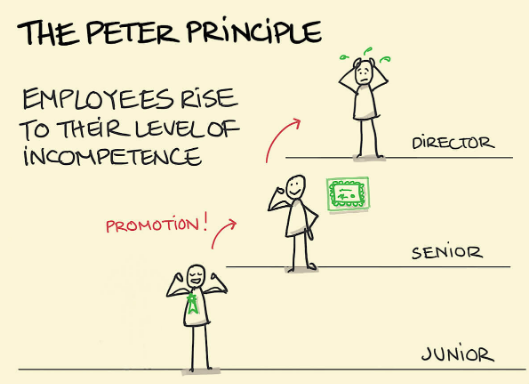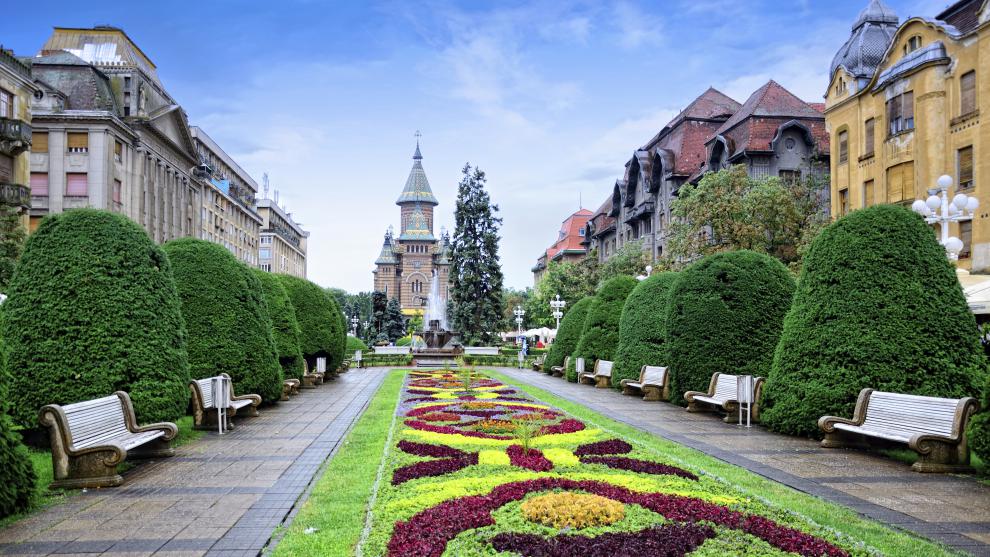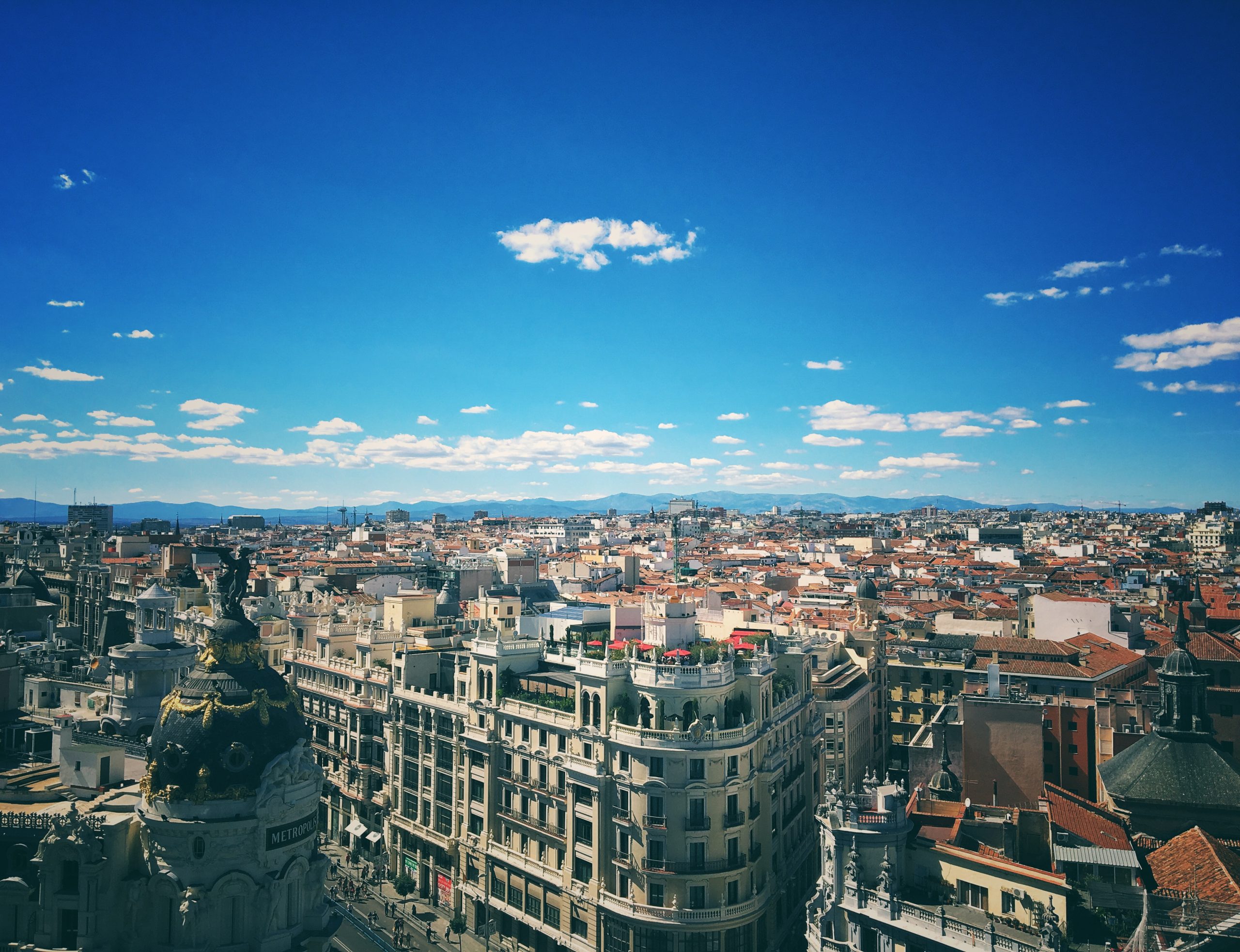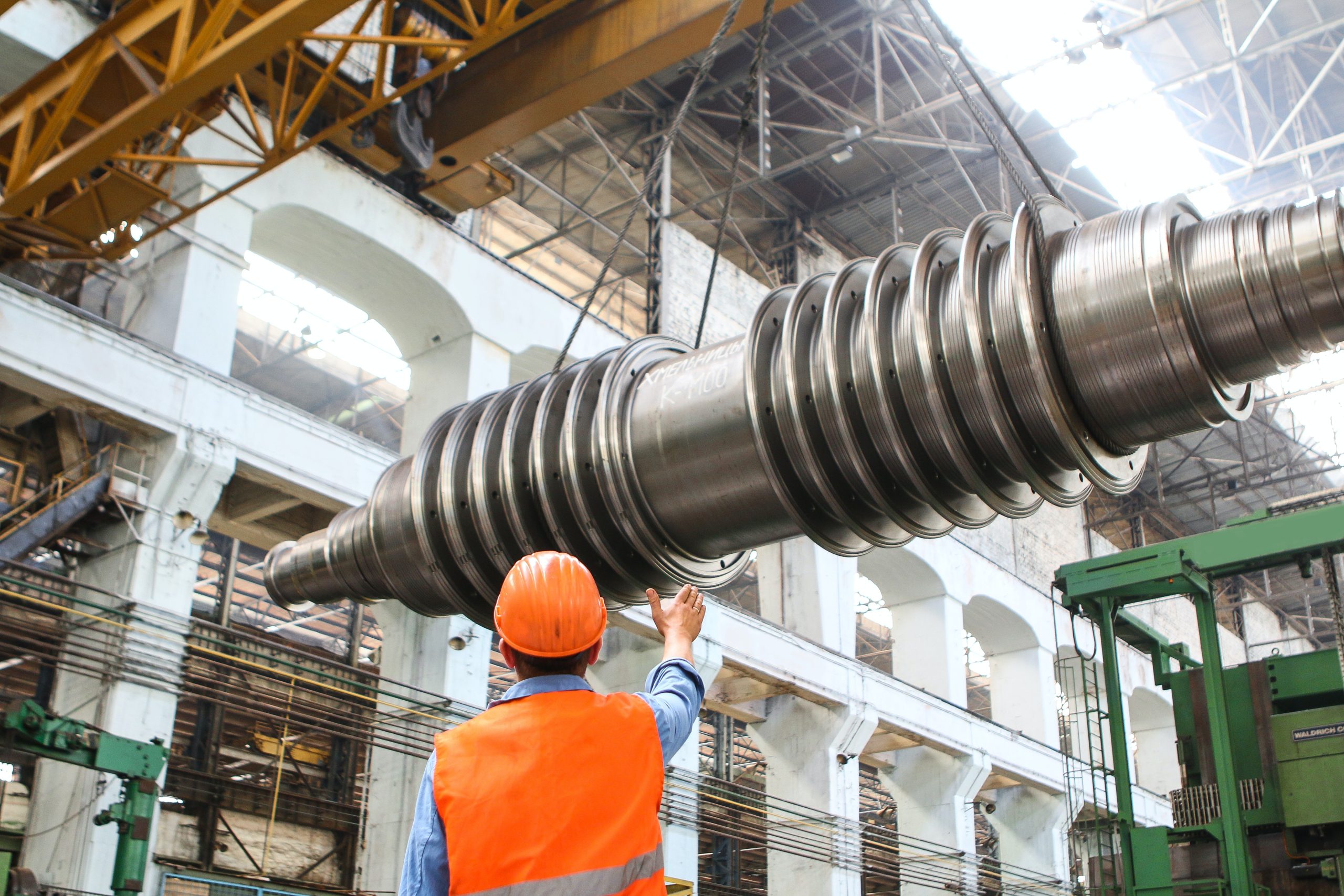Before I became freelance, my professional career as an employee developed in two corporations: one American (for almost twelve years) and one German (which bought the US company where I was employed; I stayed six months). I had other previous experiences as a student, but they are not worth mentioning.
Despite that small number of firms, I had several bosses. Not only because they changed now and then, but also as a result of my promotions.
As a freelance consultant, I worked with many managers in different countries and industries.
I was lucky: In all my years as an employee, I only remember one toxic boss, and I did not have to stand him for long. Of course, I had bosses that I liked more than others and the other way around too. But toxic bosses, only one.
Instead, as a consultant, I can recall several examples of toxic bosses, and the dramatic results that their toxicity has for the companies they manage.
What is a toxic boss? There are many articles online that can help the reader understand what they are and how they act. I found this one quite comprehensive.
In this post, I want to talk about the consequences for the company of not identifying or of accepting toxic bosses in their structures. It is even worse if the toxic guy is the owner, the same guy who hired me for my consulting.
Toxic bosses act as follows:
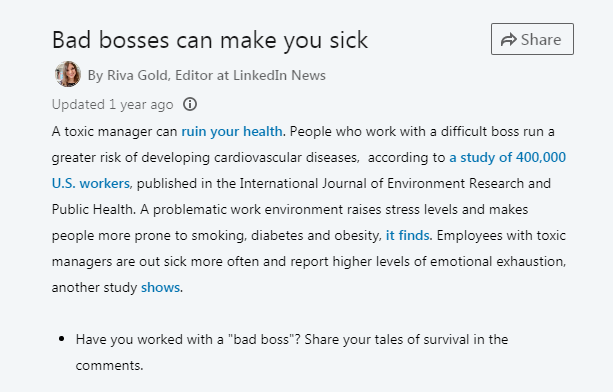
- They demotivate those working for them.
- They undermine the health of their people.
- They block the growth of good employees; they do not want anyone around that could shadow them.
- They destroy the reputation of the company as a good place to work.
- They impose a culture of fear to their employees: no one will dare to contest any decision, even if considered harmful for the company.
- They will create teams of yes-men around them. These will not be made of valid employees; they will be made of people who know that their career depends on nodding and smiling whenever the boss opens his or her mouth.
- They always find guilt in others; they never have any responsibility for any wrong.
- Instead, all the good results are their merits.
- They lie. To keep their position, they will do anything. Anything includes lying.

- To attain the expectation created with their lies, they will put extra pressure on their teams and accept – even promote – actions against the company procedures or the law.
- They create a false and very positive image of themselves in front of their respective bosses.
- But their only goal in life is themselves. The company (results, co-workers, clients, shareholders and others) is no more than a tool.
- They shout, denigrate, delay payment of salaries, punish. They impose Terror.
How much does this profile cost? I read that, in 2013 in the US it cost around $550 Billion. Not bad. Today probably more. And in the European Union, we can not be too far from that amount.
This data represents a massive impact on the Competitiveness of our companies plus an immense additional social cost.
Competitiveness is about productivity. Productivity results from healthy, mentally active and motivated teams that produce and innovate, Competitiveness will decline when the work conditions are not appropriate.
I have also seen people who were not “toxic”, nice chaps as we could say. But they transformed when they got promoted and became very toxic afterwards. Toxicity is an illness that can infect us all.
This behaviour has a lot to do with the Peter Principle: Employees rise to their level of incompetence. And then, to keep their position, they become toxic.
